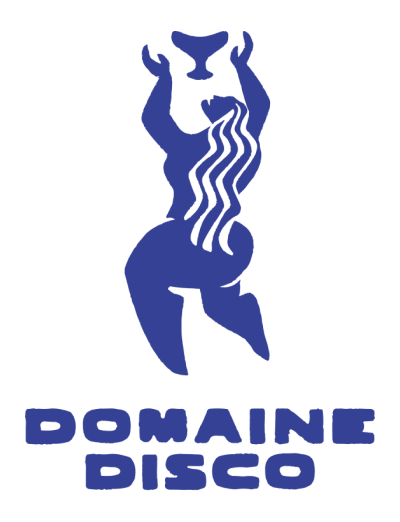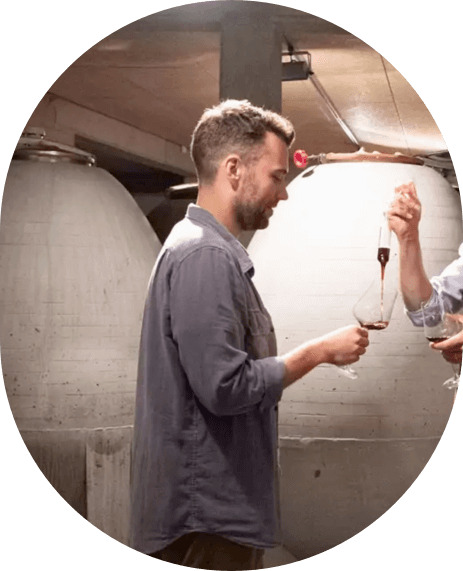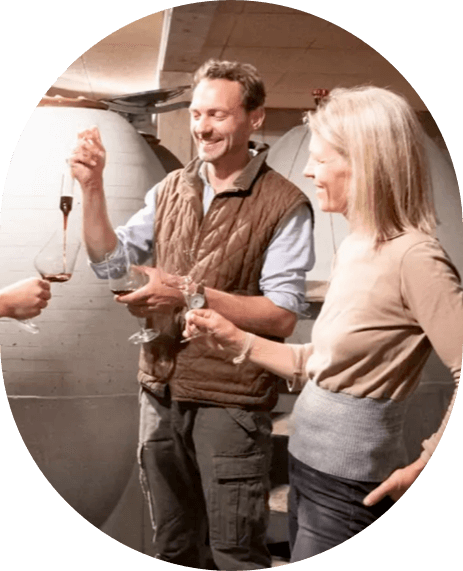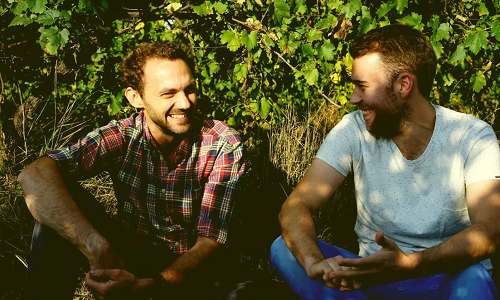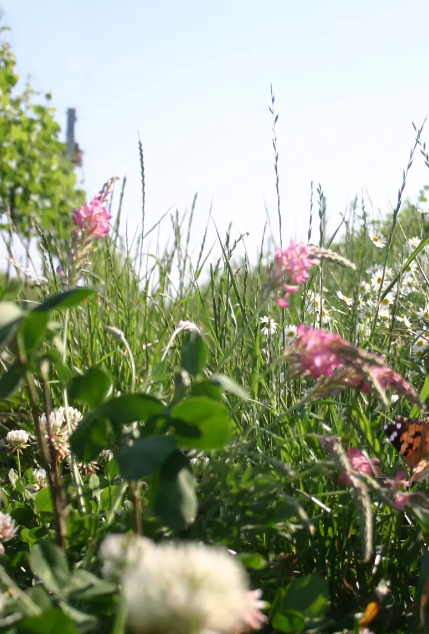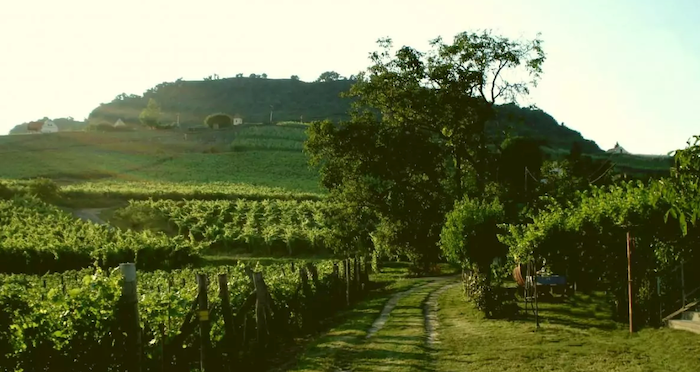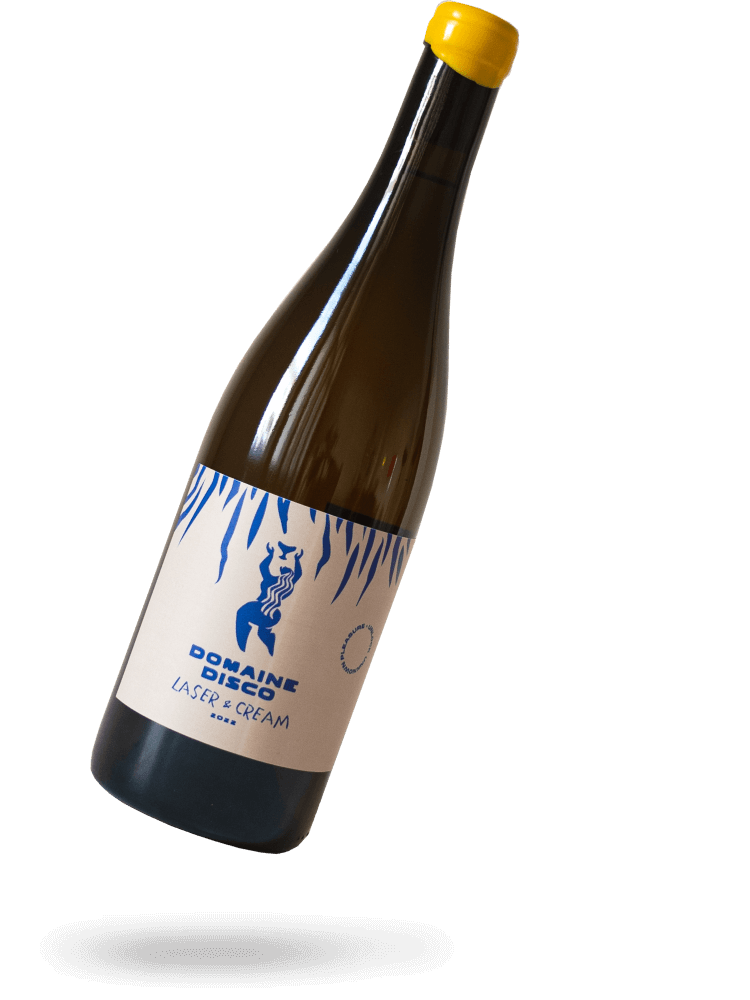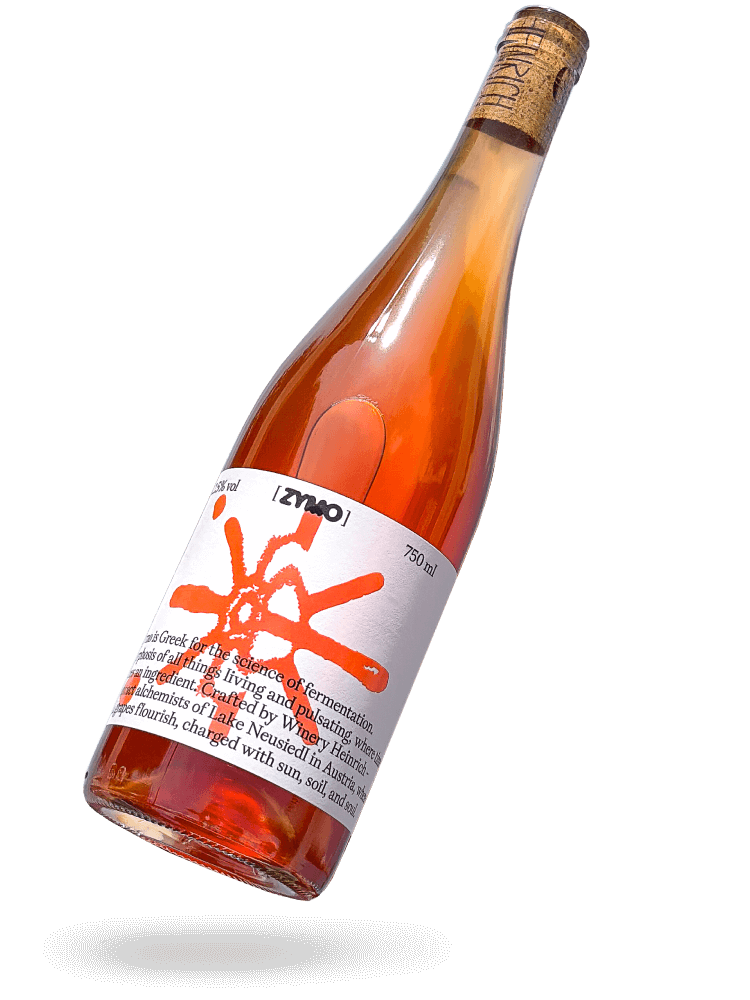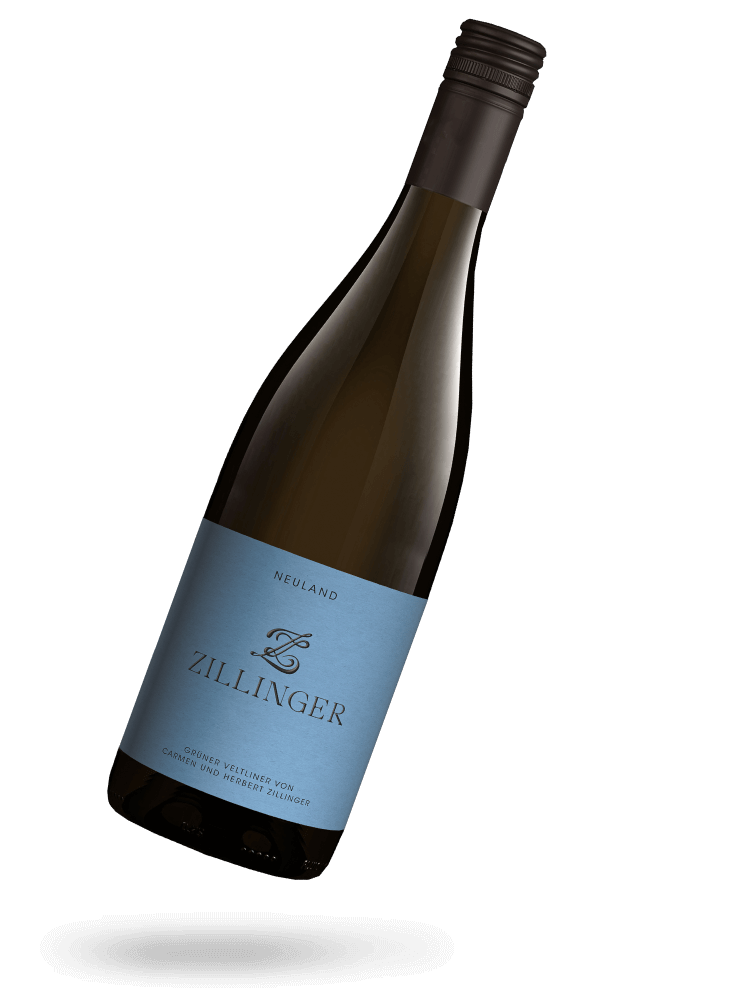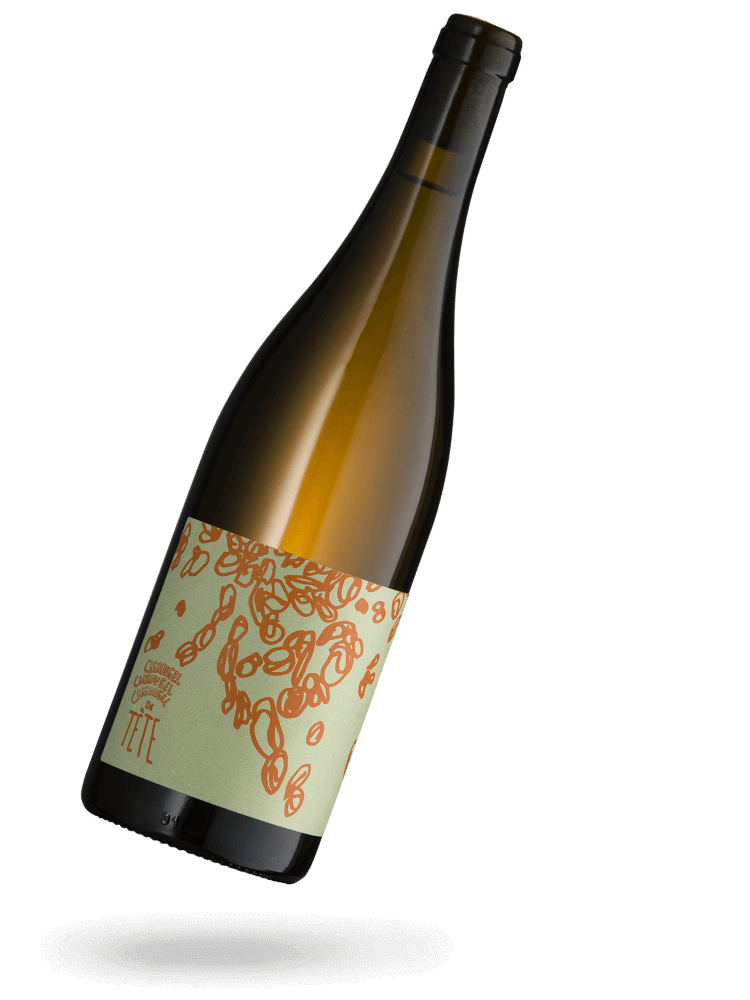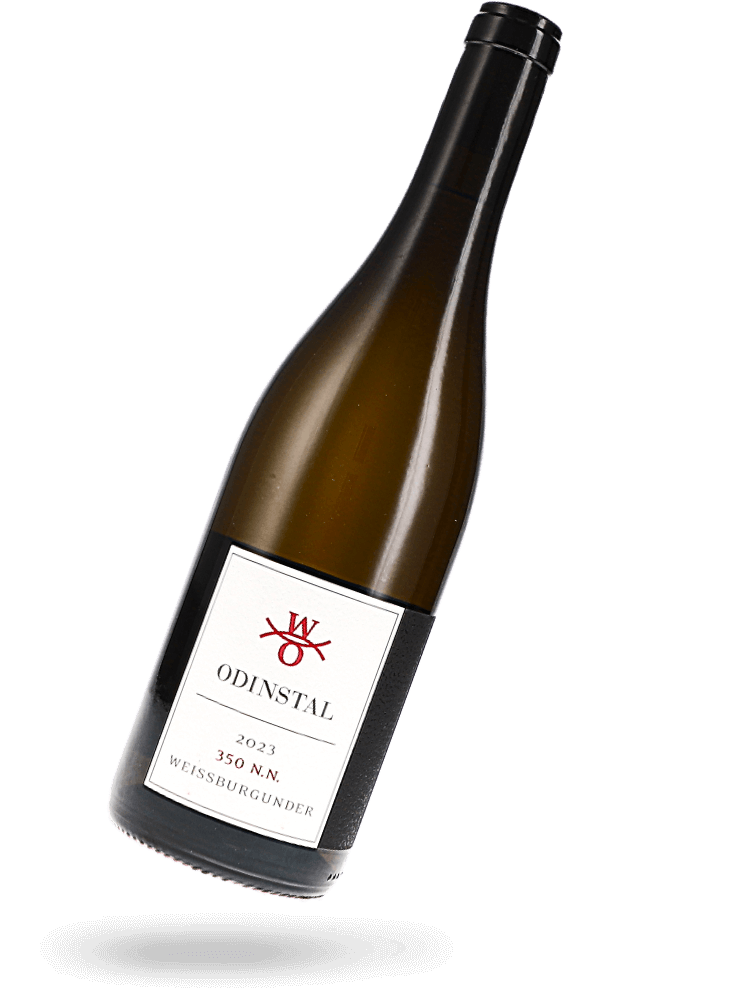House, farm, people, animals, agriculture - Meinklang
A farm as an organism, supported not only by people, but also by living creatures and animals, which contribute an essential part in the so-called farm individuality with all its diversity and complexity. At Meinklang, the vineyard is seen as a biotope, protected and surrounded by natural varnishes and valuable greening plants.
The multi-generation farm is basically a versatile farm, an independent mixed economy, managed according to gut feeling and instinct. The greenery is a natural competitor to the vines, a kind of deliberate competition for nutrients, which has an extremely positive effect on the development of aromas and phenols in the grapes. And you can taste this liveliness and freshness with every sip. Only a living soil ensures vital and robust vines, which in turn produce a wine that is completely authentic and full of character.







